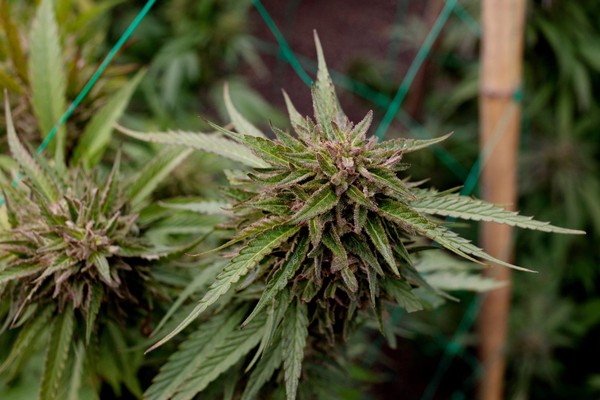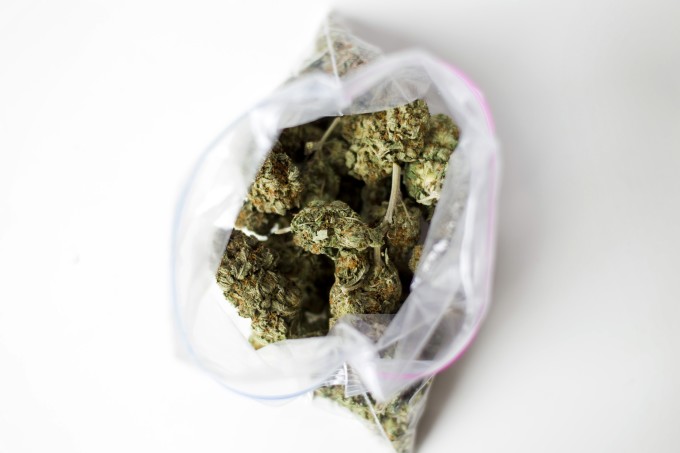The first retail marijuana stores in Massachusetts could open in July 2018. But don’t count on being able to buy marijuana.
Industry experts are warning that there is likely to be a pot shortage almost immediately, since there will not be enough growers in the state to keep up with demand.
“The first places to open up will sell out in less than a week,” predicted Peter Bernard, president of the Massachusetts Grower Advocacy Council.
The way the state law is set up, recreational marijuana stores will be able to apply for licenses beginning in April, with licenses issued after June 1.
Existing medical marijuana dispensaries will have a leg up because they already have cultivation facilities in place. Someone who has to build a new facility is likely to take between 18 months and three years to begin selling marijuana due to the time it takes for permitting, architectural planning, construction and growing, said Brandon Pollock, CEO of Theory Wellness, a medical marijuana company that plans to apply for a recreational license.
“It’s highly likely in the first six to 18 or 24 months in the market there will not be enough cultivation space to support the demand,” Pollock said. Theory Wellness is planning to double its cultivation capabilities in anticipation of the higher demand.
Bernard predicted that it will not be until late spring or early summer of 2019 that new retail outlets, as opposed to existing dispensaries, actually have marijuana products for sale.
After Nevada legalized recreational marijuana, it had a shortage so severe that state officials issued a “statement of emergency,” allowing them to get around normal rulemaking procedures to expand the network of marijuana distributors. In Massachusetts, the situation is slightly different because the problem likely will be cultivation, not distribution.
Nevada, according to news reports, had 100 licensed growers for nearly 50 dispensaries. Massachusetts has 12 medical marijuana dispensaries with their own cultivation facilities. Although more licenses have been issued, there likely will be only around two dozen facilities in operation by the time the recreational licenses are issued, predicted Adam Fine, an attorney at Vicente Sederberg who specializes in marijuana law. In comparison, Colorado and Washington had hundreds of dispensaries.
Transporting marijuana across state lines is still a federal crime so sellers must grow marijuana in-state.
Fine noted that the industry is moving from a marketplace for medical marijuana, which is worth a few hundred million dollars and serves 40,000 registered patients, to an anticipated $1.2 billion industry serving anyone over 21, including out-of-state visitors.
“It’s going to be a slow rollout,” Bernard said. “When places start to open, they will probably run out quick.”
Medical marijuana facilities today sometimes put caps on the amount of marijuana someone can buy when the dispensary faces shortages of a particular type of drug. Bernard predicted that some recreational marijuana shops may cap sales in order to give more customers a chance to buy.
Bernard said his group is planning to push for legislation to allow someone who grows marijuana at home to sell it to retail stores, as long as it is properly tested, which could help with the supply issue.
credit:420intel.com








